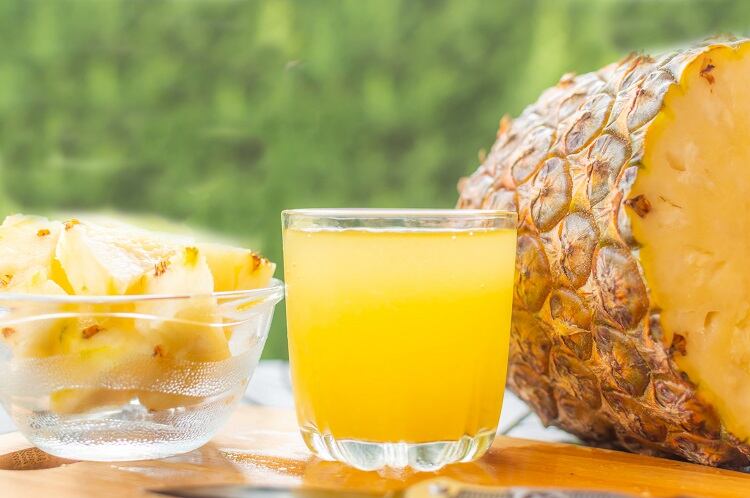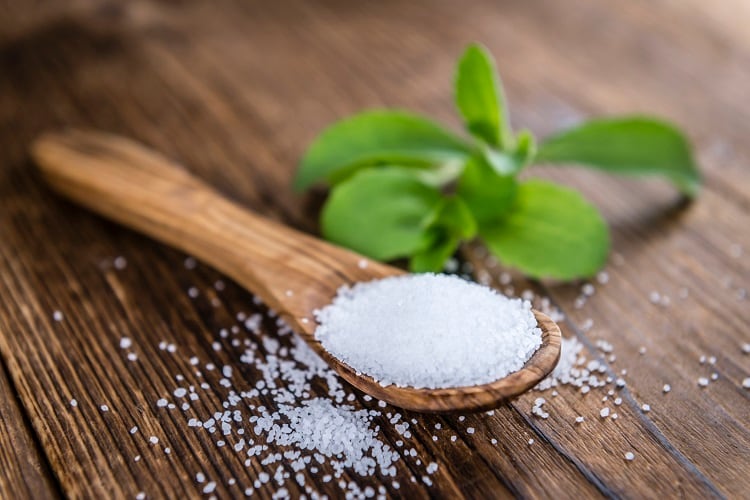The recommendation is based on the findings of a systematic review of the available evidence which suggests that use of NSS does not confer any long-term benefit in reducing body fat in adults or children. Results of the review also suggest that there may be potential undesirable effects from long-term use of NSS, such as an increased risk of type 2 diabetes, cardiovascular diseases, and mortality in adults.
"Replacing free sugars with NSS does not help with weight control in the long term. People need to consider other ways to reduce free sugars intake, such as consuming food with naturally occurring sugars, like fruit, or unsweetened food and beverages,” said Francesco Branca, WHO Director for Nutrition and Food Safety. "NSS are not essential dietary factors and have no nutritional value. People should reduce the sweetness of the diet altogether, starting early in life, to improve their health."
The recommendation applies to all people except individuals with pre-existing diabetes and includes all synthetic and naturally occurring or modified non-nutritive sweeteners that are not classified as sugars found in manufactured foods and beverages, or sold on their own to be added to foods and beverages by consumers. Common NSS include acesulfame K, aspartame, advantame, cyclamates, neotame, saccharin, sucralose, stevia and stevia derivatives.
The recommendation does not apply to low-calorie sugars and sugar alcohols (polyols), which are sugars or sugar derivatives containing calories and are therefore not considered NSS.
The WHO recommendation has been assessed as conditional, which signals that policy decisions based on this recommendation may require substantive discussion in specific country contexts, linked for example to the extent of consumption in different age groups.
‘Sweeteners provide effective and safe options to reduce sugar and calorie consumption’
The Calorie Control Council, an international association representing the low-calorie food and beverage industry, hit back at the new guidelines. CCC President Robert Rankin said: “A substantial body of evidence shows that low- and no-calorie sweeteners provide effective and safe options to reduce sugar and calorie consumption. This is supported by an abundance of scientific evidence, backed by the world’s most highly regarded health and regulatory agencies, which validate the role of these ingredients. Along with exercise and a healthy diet low- and no-calorie sweeteners are a critical tool that can help consumers manage body weight and reduce the risk of non-communicable diseases.”
CCC Scientific Advisor Dr. Keith Ayoob added: "It is mind-boggling that persons living with diabetes, for whom no-sugar sweeteners can have an especially meaningful role in their compliance with necessary dietary requirements, were not conveniently considered when creating these guidelines. NUGAG’s insistence on focusing only on prevention of unhealthy weight gain and non-communicable diseases is at the very least, misguided. NUGAG’s decision not to focus on the value of no-sugar sweeteners for persons with diabetes borders on unconscionable. Their doing so dismisses the value and usefulness of NSS for persons living with diabetes and pre-diabetes, which accounts for far in excess of 10% of the global population."
A spokesperson from the International Sweeteners Association said: “Low/no calorie sweeteners are one of the most thoroughly researched ingredients in the world and continue to be a helpful tool to manage obesity, diabetes and dental diseases. They offer consumers an alternative to reduce sugar and calorie intake with the sweet taste they know and expect. There has been an overwhelming amount of scientific literature supporting low/no calorie sweeteners’ utility for weight management, including the WHO-commissioned systematic review itself.
"The International Sweeteners Association believes it is a disservice to not recognise the public health benefits of low/no calorie sweeteners and is disappointed that the WHO’s conclusions are largely based on low certainty evidence from observational studies, which are at high risk of reverse causality."
The ISA has joined others, including relevant government agencies around the globe, who have responded to the public consultation on the draft guideline expressing their concerns about the conclusions and rationale used by WHO. Indeed, ISA agrees with the UK’s Office for Health Improvement and Disparities that commented 'the guideline may go too far' and with the Australian government’s Department of Health and Aged Care who wrote that 'the recommendation may result in undesirable health outcomes for some individuals'.
"Furthermore, the WHO has not recognised the well-established benefits of low/no calorie sweeteners in diabetes management as part of this guideline, which we fear may mislead consumers with diabetes who rely on these ingredients to manage carbohydrate and sugar intake to maintain healthy lifestyles," the ISA spokesperson added.
The WHO guidelines come as research, such as a study published in the BMJ, has identified potential links between artificial sweetener intake and increased cardiovascular disease risk. Another study into the effects of erythritol, though not strictly an artificial sweetener, also linked it with an increased risk of heart attack and stroke.
These studies, however, demonstrated association and not causation i.e. it could be the case that those people mostly consuming artificial sweeteners are those already at risk at higher risk for adverse cardiovascular events like heart attack and stroke.
Sucralose could lead to new therapies for patients with autoimmune diseases
Another recent study published in Nature found that high consumption of sucralose lowers activation of T-cells, an important component of the immune system, in mice.
If found to have similar effects in humans, the researchers said, one day it could be used therapeutically to help dampen T-cell responses. For example, in patients with autoimmune diseases who suffer from uncontrolled T cell activation.
Karis Betts, senior health information manager at Cancer Research UK, said: “This study begins to explore how high doses of sucralose could potentially be used in new treatment options for patients, but it’s still early days.
“The results of this study don’t show harmful effects of sucralose for humans, so you don’t need to think about changing your diet to avoid it.”




